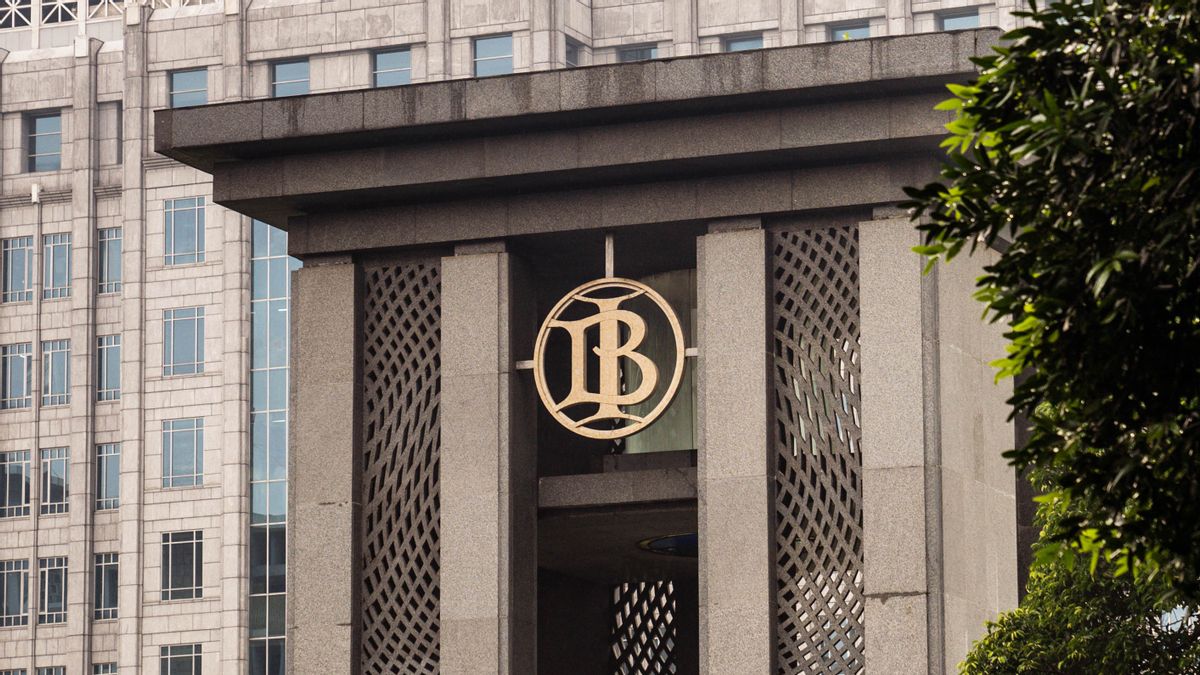JAKARTA - The government, in this case the Ministry of Health, has signed a letter of approval for the application of the status of Large-Scale Social Restrictions (PSBB) in DKI Jakarta. Not only Jakarta, other regions in Indonesia will also propose the same thing. One of them, Tangerang Raya.
Then, what is the impact of the implementation of the PSBB on the national economy? Governor of Bank Indonesia (BI) Perry Warjiyo explained that his party fully supports the implementation of the PSBB which will be implemented by the Provincial Government of DKI Jakarta and other regions.
He said this policy would accelerate the handling of the corona virus or COVID-19 outbreak in Indonesia. According to him, the crisis that is currently being faced by all countries in the world, including Indonesia, was caused by the COVID-19 pandemic.
The virus, said Perry, not only affected the health sector, but also disrupted economic growth. So, with the implementation of the PSBB policy, according to Perry, the handling of COVID-19 can be accelerated, and the impact will be even better for economic recovery.
"Not only the impact on the human and health aspects, but also the (negative) impact on the economy will also be lower. The impact on the financial sector will also be lower," he said, in a live broadcast with journalists, in Jakarta, Thursday, 9. April.
Perry explained that the numbers on financial indicators in various countries show that the financial sector is starting to gradually improve. However, said Perry, currently each country has issued various stimuli to calm the market. Various government policies in handling this outbreak will encourage a positive trend in the financial market.
"Therefore, in Indonesia, the more we can quickly overcome the COVID-19 pandemic, of course the impact on the economy will be better. I continue to reiterate what the central and regional governments have outlined, so that we comply with the implementation of PSBB whether in Jakarta or in a number of regions. , "he explained.
Economic Growth Scenarios
Perry said that his party together with the Ministry of Finance, OJK and LPS had discussed the impact of the COVID-19 pandemic in Indonesia on the national economy. From this discussion, a bad to worst scenario was generated.
"At that time, the Minister of Finance Sri Mulyani conveyed the figures, Indonesia's 2020 economic growth scenario is estimated at 2.3 percent," he said.
This scenario, said Perry, was based on information from the COVID-19 response task force. Where, the COVID-19 pandemic in Indonesia is estimated to reach its peak in June to July and the emergency response period which was originally set until May 29, could be longer.
"What is the quarter-by-quarter growth scenario? At that time, it was delivered in the first quarter, namely 4.7 percent. In the second quarter, it was 1.1 percent and 1.3 percent in the third quarter and then increased in the fourth quarter, to 2.4 percent. "That is indeed a tough scenario that we discussed. We agreed together at that time to become a reference for what responses need to be issued," he said.
According to Perry, this scenario underlies the issuance of fiscal stimulus and creates a fiscal deficit of 5.07 percent of GDP or an additional Rp405.1 trillion of fiscal spending.
The English, Chinese, Japanese, Arabic, and French versions are automatically generated by the AI. So there may still be inaccuracies in translating, please always see Indonesian as our main language. (system supported by DigitalSiber.id)













